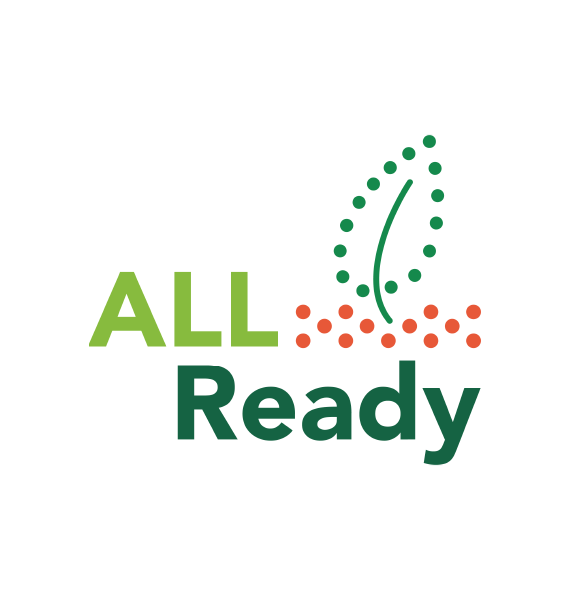ALL-Ready Regional Workshop
Home | Events | Researchers | ALL-Ready Regional Workshop

Seville, Spain, 2 November 2022.
The ALL-Ready project is organising an interactive regional workshop on “Accelerating Agroecology Transition: Your potential role and benefits of contributing to a European network of Living Labs and Research Infrastructures”
Time: 2 November 2022, from 13.30 pm to 18 pm CET (including small lunch)
Organisers: José Manuel Ávila (LifeWatch ERIC) and Bastian Goldel (INRAE)
Venue: : LifeWatch ERIC ICT-Core Office, Cartuja Science and Technology Park, Seville, Spain
Description of the All-Ready Regional Workshop:
The European Partnership under Horizon Europe for Accelerating Farming Systems Transition by Agroecology Living Labs and Research Infrastructures is currently being prepared by the SCAR Agroecology Strategic Working Group. The two European projects ALL-Ready and AE4EU support the European Commission in preparing this partnership and work closely together with the SCAR Strategic Working group.
The partnership aims to support a European network of living labs and research infrastructures that will accelerate the transition towards agroecology throughout Europe. It will provide spaces for long-term, site-specific, multi-stakeholder and real-life experimentation, and direction for research activities on agroecology at the European and national levels.
One of our main goals is to map the work of agroecology initiatives (including living labs and research infrastructures) that support the transition towards agroecology across Europe. In our workshop it is foreseen to:
- explain to the participants the aims and outcomes of the ALL-Ready project including the pilot network, as well as the future network and partnership in which LLs and RIs are planned to play a central role. This helps to make people aware or even get on board of what is happening in the upcoming years, but also to illustrate how ALL-Ready is involved in accelerating the transition.
- we will test our developed questionnaire with the participants and initiatives to reflect on the extent to which their organisations are involved in the agroecology transition (maturity), and discuss possible activities that could be accelerated in a network of living labs and research infrastructures.
This will give us interesting insights on common understandings, focuses, problems and difficulties that initiatives are facing in the transition process. Hence, we want to debate possible solutions to overcome these obstacles, and also how a future European network could contribute to that.
The session is addressed to:
- Researchers & academics
- Living Lab representatives and practitioners
- Innovators
- Others, namely: Every participant of an initiative related to the agroecology transition
Participants of the workhop include: Consolación Vera Sánchez, Secretary General of Agriculture, Livestock and Food of the Junta de Andalucía; José Carlos Álvarez Martín, Managing Director of the Agricultural and Fisheries Management Agency of Andalusia (AGAPA); Juan Miguel González Aranda, Technological Director of LifeWatch ERIC and of the Spanish Technical Headquarters; Heather McKhann, Coordinator of ALL-Ready from the National Institute for Research in Agriculture, Food and the Environment (INRAE), a French institution with headquarters in Paris; Muriel Mambrini-Doudet, INRAE researcher, and José Manuel Ávila, Coordinator of the Agroecology Area at LifeWatch ERIC.